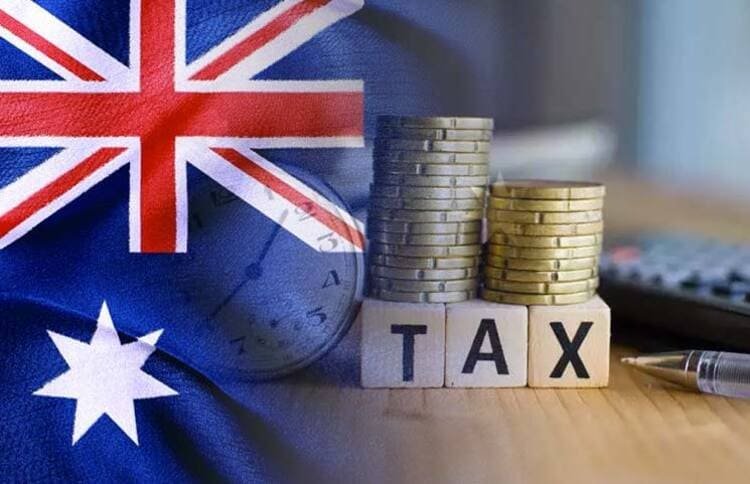Australian Tax Office Warns Investors to Report on Their Crypto Trading

Last week, the Australian Tax Office (ATO) sent letters to hundreds of thousands of Australian citizens requesting them to report any and all cryptocurrency trading activity they have conducted starting from 2017. The letter states that, according to Australian law, cryptocurrencies are labeled as property and are therefore subject to capital gain tax similar to stocks and regular currencies.
That is quite a lot of hard work that many people simply will not do, hence the whole tax evasion conundrum in the first place.
What classifies as crypto trading?
The letter doesn’t necessarily state what citizens need to include in their records. All it says is that:
- The citizen must have a receipt for the purchase or transfer of cryptocurrency
- Exchange records of his or her activity
- Information on any additional legal or accounting costs
- A record of his or her digital wallet activity as well as keys
Furthermore, the ATO does not disclose what sort of purchase classifies as crypto trading. It is obvious that trading on exchanges or buying directly are included in the letter, but what about intermediaries?
A recurring trend in the world
It seems that the whole world is starting to take the taxation of cryptocurrencies seriously. We’ve seen the United States Internal Revenue Service send similar letters to their citizens, as well as the Ukrainian government warning several investors. Same goes with Denmark.
Overall, should these countries display that there is money to be made through crypto taxations, it’s likely that every single legitimate government all over the world will start pursuing the same goals within a year.
Image courtesy of Bitcoin Exchange Guide